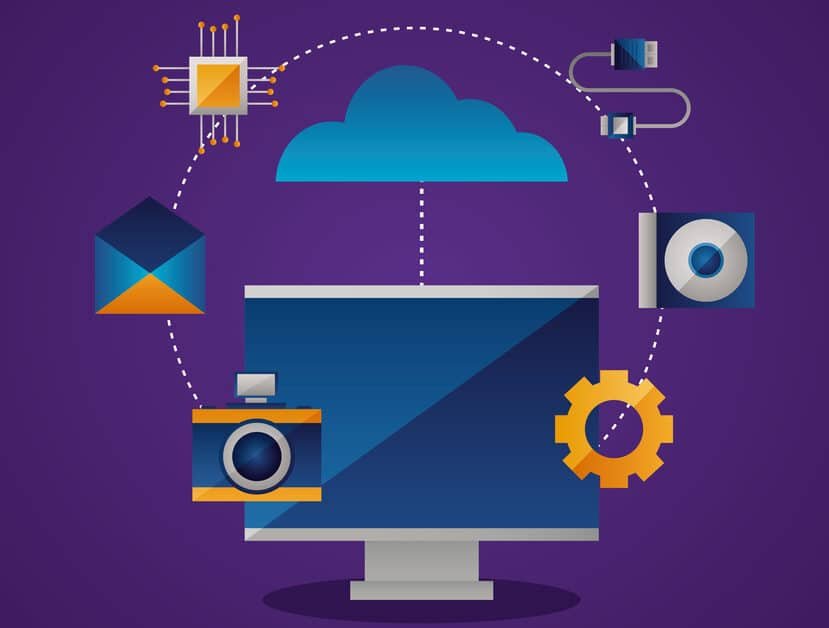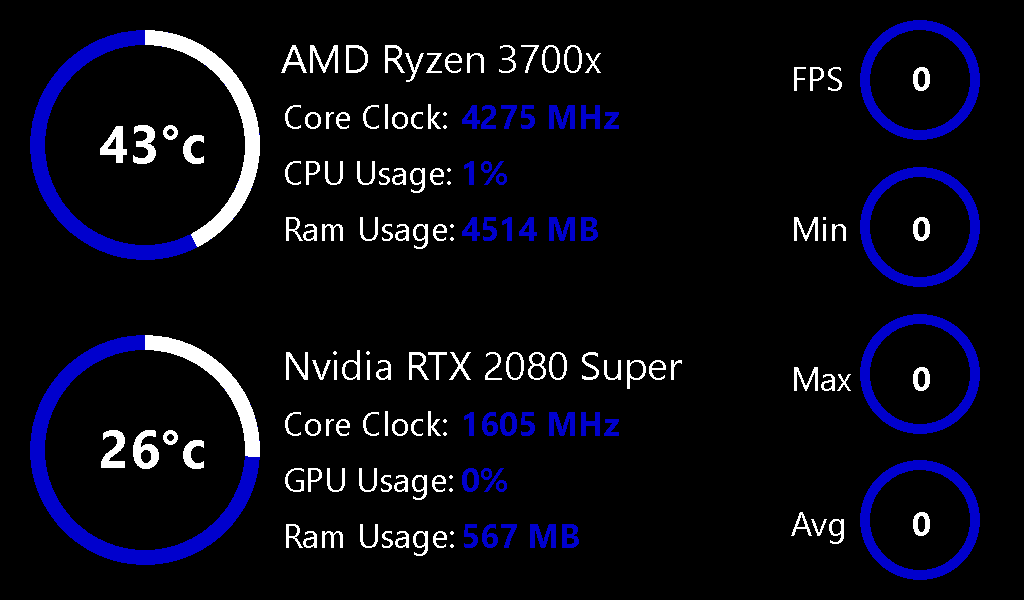Legacy applications, software systems that many organizations have used for years, are one of their biggest problems since they still use old technologies. Moving to Azure applications (Azure Kubernetes Service) is the most significant change companies experience and make to survive and succeed. These legacy applications are the very reason for the limitation of agility, scalability, and security, resulting in high maintenance costs and low efficiency. But amidst these challenges, there’s a beacon of hope that is containerization.
The article will be dedicated to the fundamentals of containerization, how the use of the Azure Kubernetes Service (AKS) can revolutionize your business, and how artificial intelligence consulting powered by Azure Cognitive services can be used to challenge modernization. By following your end, you will be able to get a very clear insight into Azure technologies and how they can use the technologies to revitalize their legacy applications.
Understanding Azure Kubernetes Service (AKS)
Kubernetes, known as K8s, is an open-source container orchestration system that manages the deployment, scaling, and management process for containerized applications. It ensures a strong infrastructure for clusters of containers’ management and thus, it makes the resources’ utilization possible and their availability at the highest level.
Overview of Azure Kubernetes Service (AKS)
Microsoft Azure is a Kubernetes-based service known as Azure Kubernetes Service (AKS), which is managed entirely. First, it simplifies the process of application deployment, management, and scaling in Azure hosts that run in the Kubernetes environment. AKS is designed to take care of the Kubernetes cluster complexities, thereby developers can solely focus on the application development and deployment without any worry about the underlying infrastructure.
Key Features of AKS (Azure Kubernetes Service)

Scalability
AKS empowers the process of auto-scaling of demand and container applications, keeping the performance at the optimum levels without the need for human hands.
Reliability
AKS is embedded with inbuilt functions, which include automatic updates, health monitoring, as well as self-healing, hence, applications of AKs are available and reliable all the time.
Security
AKS offers secure network policies, role-based access control, and integration with Azure Active Directory, ensuring that workloads and confidential information are resilient to attacks.
Integration with Azure Services
AKS operates seamlessly with Azure services such as Azure Monitor, Azure Container Registry, and Azure DevOps, and can provide application lifecycle management and monitoring for your application.
Cost-Effectiveness
Azure’s pay-as-you-go pricing model, AKS resource utilization optimization, and infrastructure cost reduction are tools that organizations can use to minimize expenses while improving the efficiency of the platform simultaneously.
The Process of Containerizing Legacy Applications
The process of transforming legacy applications into containerization is a mandatory step in the way of modernization of the operation of these applications in the conditions of the contemporary IT environment.
Assessment and Planning
To start with containerization, the first thing to do is to have the application in legacy analyzed in depth. This process encompasses the exploration of the software building blocks of the application, which includes architecture, dependencies, and having it run in containers.
Containerization Process
The credible containerization process begins with putting the legacy application into an image of the container. This involves the creation of a Dockerfile – a text document having the commands to be executed to create the container image. Developers define the dependencies, libraries, and configurations that are needed to run the application in the virtual machine.
Integration with Azure Kubernetes Service (AKS)
Hence, the container image will be deployed to Azure Kubernetes Service (AKS) after it has been constructed. AKS is a tool that provides container orchestration and application management facilities that allow us to run and deploy containers in a scalable and dependable way.
Testing and Validation
Testing is the main player in the containerization process to verify that the application runs without any issues in this containerized environment. This task is fulfilled through a process of conducting different tests such as unit tests, system tests, and performance tests.
Integration of AI Technologies
The usage of AI technologies will be a key factor in the transformation of the outdated legacy applications that have been around for ages. AI, which is often referred to as the intelligence amplifier, may become a helpful tool in supporting the containerized applications that are deployed on Azure Kubernetes Service (AKS).
Intelligent Monitoring and Management
AI-driven monitoring systems are enabled to perform surveys of the performance metrics of applications promptly, discover anomalies, and solve issues without interruption.
Predictive Analytics and Optimization
AI algorithms can analyze historical data and foresee future trends in favour of the optimization of the processes of deployment concerning resource allocation, load balancing, and scaling.
Enhanced User Experience
Humanized features like NLP, sentiment analysis, and recommendation systems powered by AI will help to create a new level of experience for containerized app users, which in turn can lead to a higher level of engagement and therefore customer satisfaction.
Security and Compliance
The AI-based defence system is one of the best ways to strengthen the security layer in apps that are deployed in a container environment and by applying the AI system it can identify and mitigate real-time threats. AI services from Azure like Azure Sentinel and Azure Security Center use ML algorithms to deal with the high amount of telemetry data and to detect suspicious activities and thus automate the response to the incident.
Wrap-Up
By dockerizing legacy applications with AKS and AI integrations, we have a structure where AI can be used for the aim of improving efficiency, agility, and innovation. Companies can update legacy applications with Azure application modernization services and AI consultancy to keep up with the current tech environment, digital transformation and business competitiveness.


